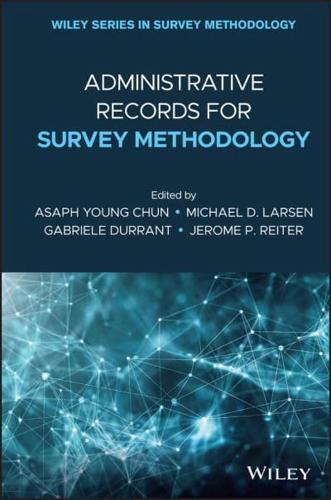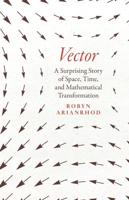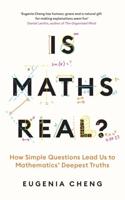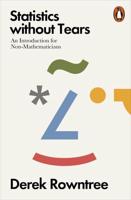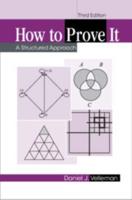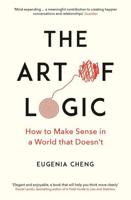Publisher's Synopsis
ADMINISTRATIVE RECORDS FOR SURVEY METHODOLOGY
Addresses the international use of administrative records for large-scale surveys, censuses, and other statistical purposes
Administrative Records for Survey Methodology is a comprehensive guide to improving the quality, cost-efficiency, and interpretability of surveys and censuses using administrative data research. Contributions from a team of internationally-recognized experts provide practical approaches for integrating administrative data in statistical surveys, and discuss the methodological issues-including concerns of privacy, confidentiality, and legality-involved in collecting and analyzing administrative records. Numerous real-world examples highlight technological and statistical innovations, helping readers gain a better understanding of both fundamental methods and advanced techniques for controlling data quality reducing total survey error.
Divided into four sections, the first describes the basics of administrative records research and addresses disclosure limitation and confidentiality protection in linked data. Section two focuses on data quality and linking methodology, covering topics such as quality evaluation, measuring and controlling for non-consent bias, and cleaning and using administrative lists. The third section examines the use of administrative records in surveys and includes case studies of the Swedish register-based census and the administrative records applications used for the US 2020 Census. The book's final section discusses combining administrative and survey data to improve income measurement, enhancing health surveys with data linkage, and other uses of administrative data in evidence-based policymaking. This state-of-the-art resource:
Administrative Records for Survey Methodology is an indispensable reference and guide for statistical researchers and methodologists in academia, industry, and government, particularly census bureaus and national statistical offices, and an ideal supplemental text for undergraduate and graduate courses in data science, survey methodology, data collection, and data analysis methods.
